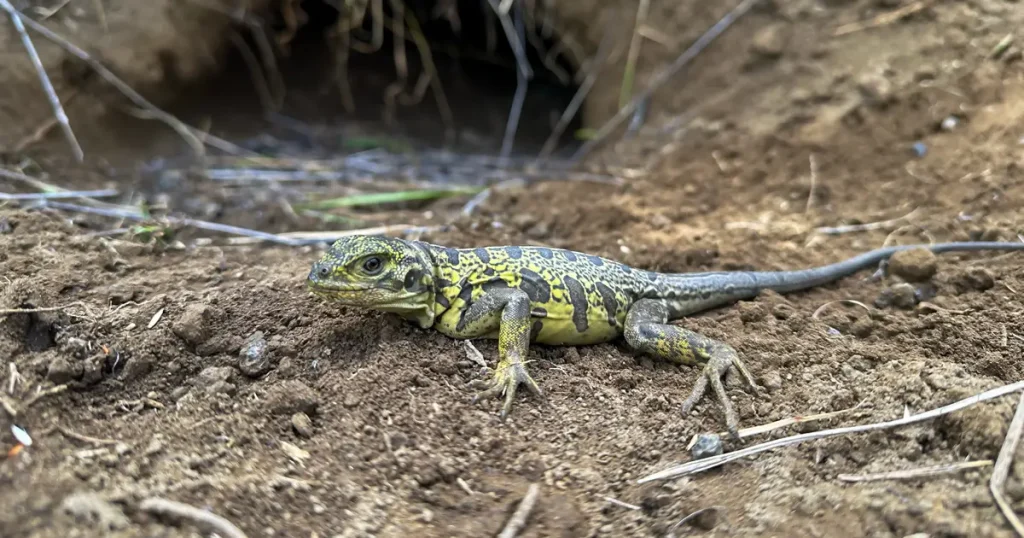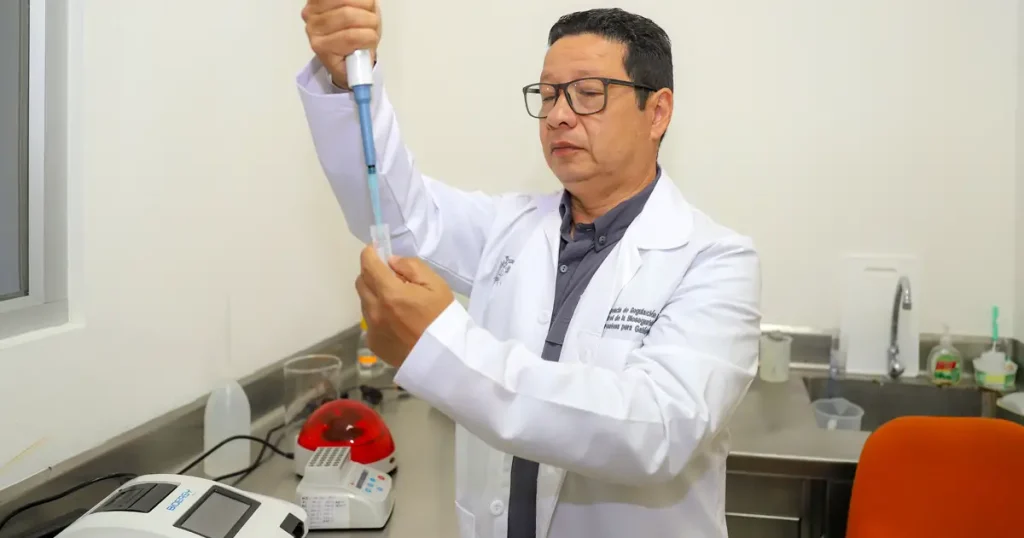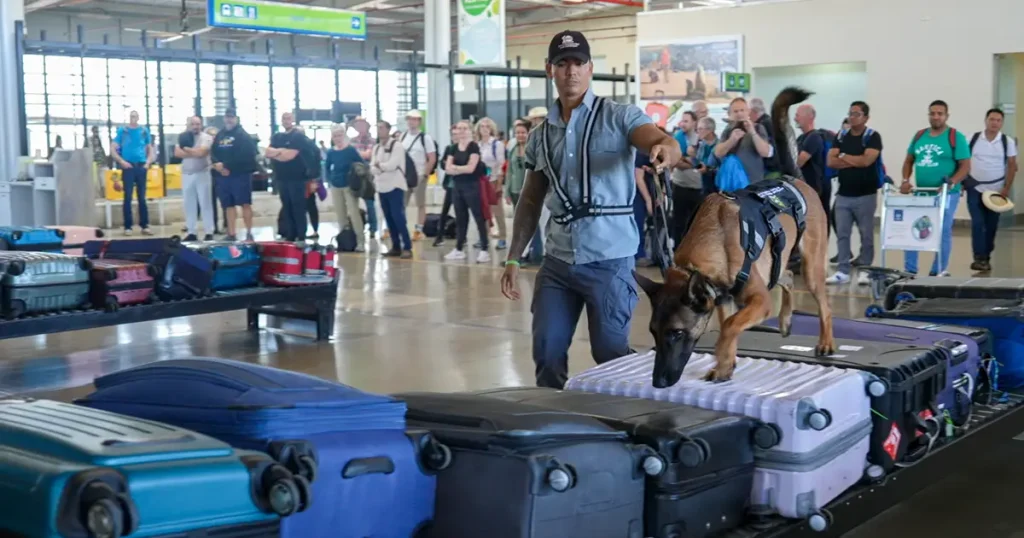Galápagos Conservancy Condemns Wildlife Trafficking and Urges Action to Protect Endangered Species
Date: Feb. 28, 2023.
//Versión en español abajo.//
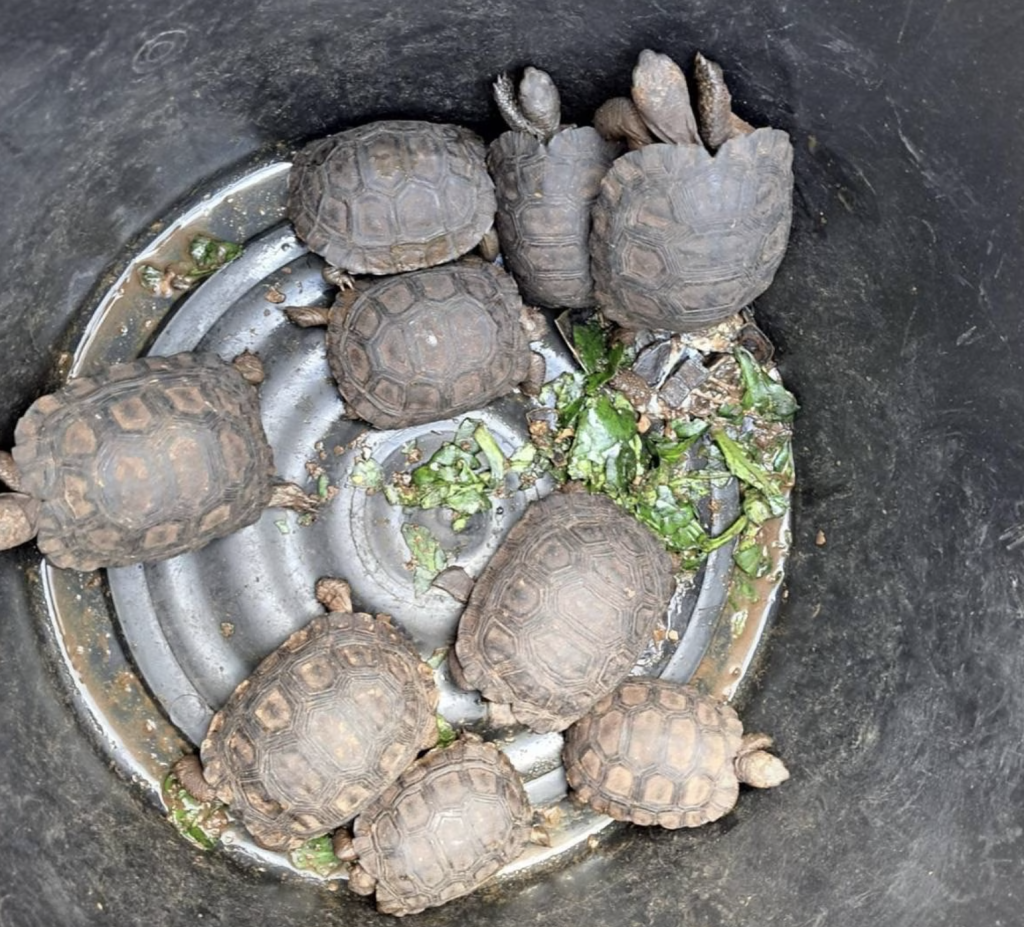
Wildlife trafficking is a persistent threat to the endangered species of the Galápagos Islands. The recent discovery of 16 juvenile tortoises from the Islands and 55 dried seahorses during a police operation near Guayaquil only serves to reinforce the urgent need for action.
Galápagos Conservancy’s Director of Conservation, Dr. Jorge Carrión, strongly condemns wildlife trafficking, emphasizing that it is one of the most damaging illegal businesses in the world and poses a grave threat to protected species, such as the Giant Tortoise.
Galápagos Conservancy has pledged to continue fighting to protect the integrity of Galápagos species, offering its full support to the Galápagos National Park Directorate in its efforts to combat wildlife trafficking. Dr. Carrión stated, “We will not rest until these criminals are brought to justice, and we urge all citizens to join us in our efforts to protect the fragile ecosystems of the Galápagos Islands.”
It is essential that this recent incident be investigated thoroughly and that those responsible for this crime are punished to the fullest extent of the law. As Dr. Carrión noted, the maximum sanction established in Article 247 of the Comprehensive Organic Penal Code (COIP) must be applied to send a clear message to would-be traffickers that their actions will not be tolerated.
Galápagos Conservancy stands firm in its commitment to protect the unique and irreplaceable wildlife of the Galápagos Islands and urges everyone to join in the fight against wildlife trafficking. Only through collective action and a steadfast dedication to preserving these natural treasures can we ensure that they will be enjoyed by future generations.
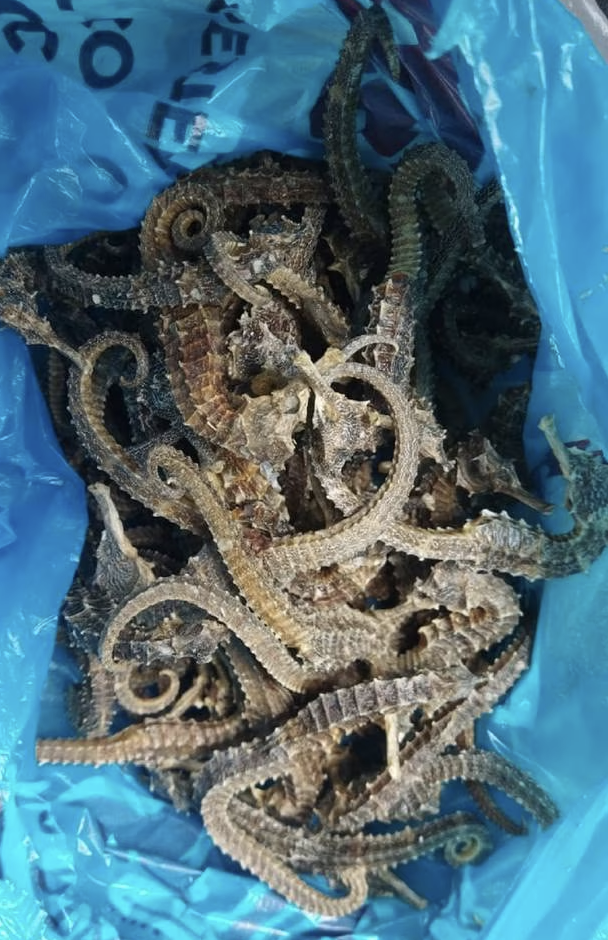
Galápagos Conservancy rechaza enérgicamente el tráfico de especies
Una vez más se revela que el tráfico de vida silvestre sigue acechando a las áreas protegidas de las islas Galápagos. El delito fue descubierto el pasado 26 de febrero cuando agentes de inteligencia de la Policía Nacional del Ecuador, durante un operativo, se percataron de una vivienda en aparente estado de abandono al sur de Guayaquil, en la que encontraron 16 tortugas terrestres juveniles de las islas Galápagos y 55 caballitos de mar disecados.
El Director de Conservación de Conservando Galápagos y su filial, Galápagos Conservancy, Dr. Jorge Carrión, dijo: “rechazamos enérgicamente el tráfico de especies, pues se constituye como uno de los negocios ilícitos más dañinos del mundo y una de las mayores amenazas para las especies protegidas, como por ejemplo las tortugas gigantes de las islas Galápagos”.
“Seguiremos luchando para precautelar la integridad de las especies de Galápagos y ponemos a disposición de la Dirección del Parque Nacional Galápagos todo nuestro contingente para seguir combatiendo el tráfico de especies”, dijo Carrión.
Esperamos que se desarrollen las investigaciones del caso y se aplique la máxima sanción establecida en el artículo 247 del Código Orgánico Integral Penal (COIP), con la finalidad de sentar precedentes que ejemplifiquen y concienticen a los ciudadanos a no involucrarse en este tipo de ilícitos y a proteger nuestra naturaleza.
